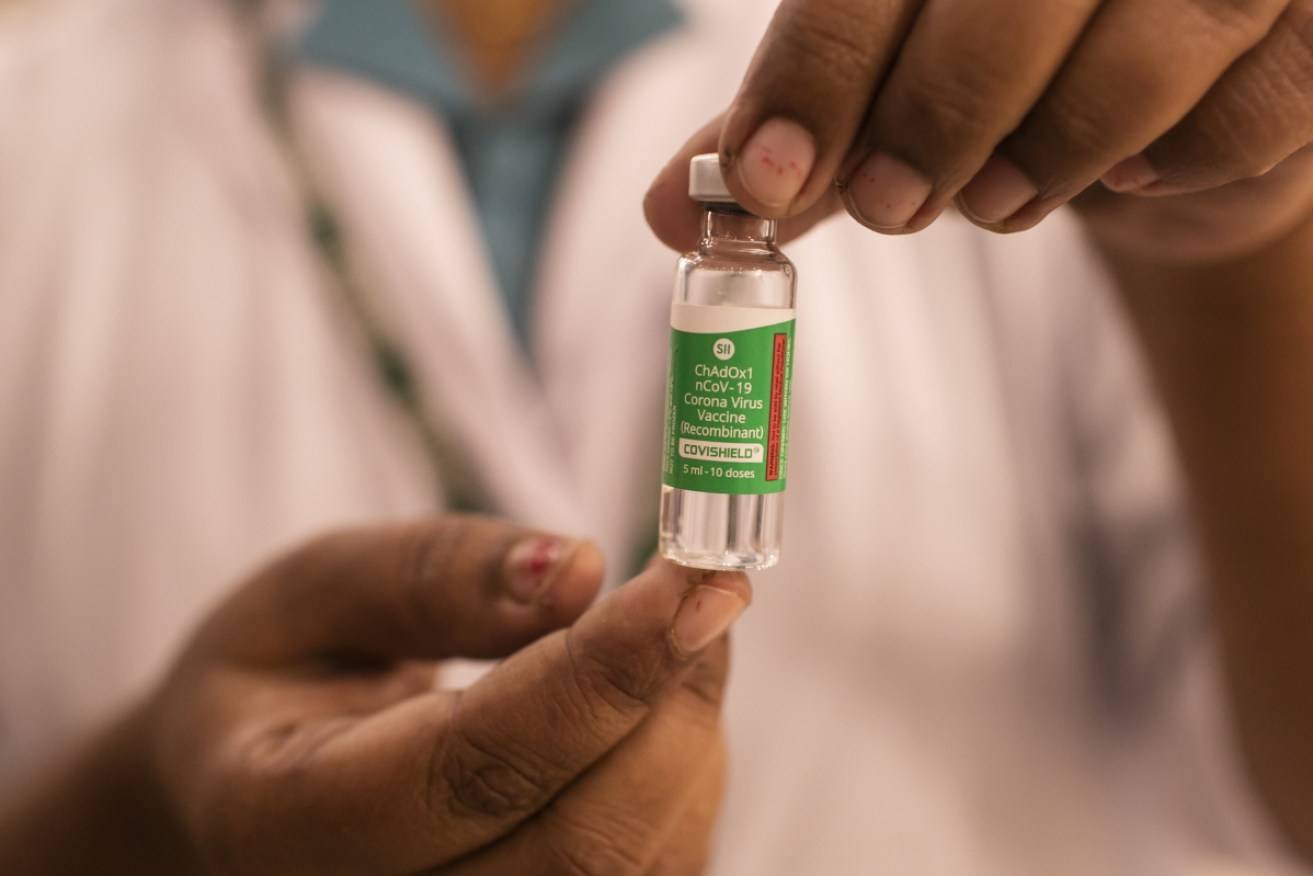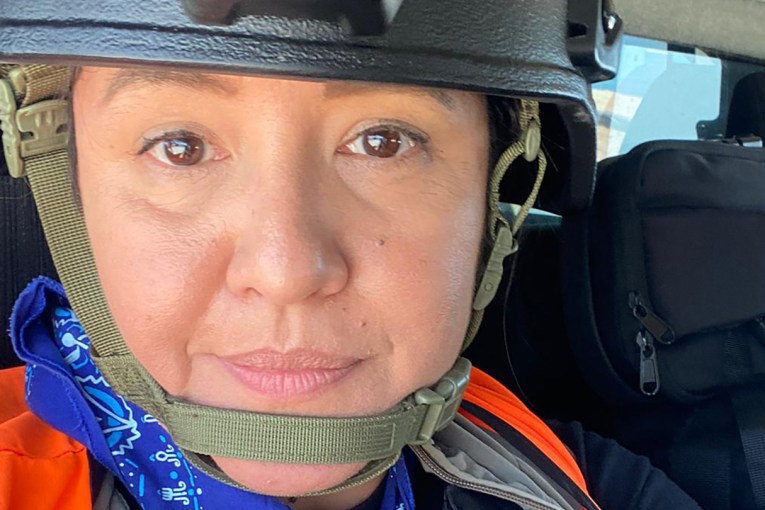South Africa halts AstraZeneca coronavirus jabs


The TGA confirmed the link on Tuesday morning.
South Africa will suspend use of AstraZeneca’s COVID-19 shot after data showing it gives minimal protection against mild to moderate infection caused by the country’s dominant coronavirus variant.
Health Minister Zweli Mkhize said on Sunday (local time) the government would await advice from scientists on how best to proceed, after disappointing results in a trial conducted by the University of the Witwatersrand.
The Australian government had intended to roll out the AstraZeneca shot to healthcare workers soon.
On Monday, Health Minister Greg Hunt downplayed concerns about the effectiveness of the jab, telling Sydney radio 2GB he still had confidence in it, base on the latest British data.
“I spoke with the UK health secretary in recent days – that’s their health minister equivalent – they’re having very strong results,” he said.
“In terms of particular variants, particular countries, the world is learning about those with all vaccines.”
“All up what we’re seeing is very significant results with the vaccines that have been approved with up to 100 per cent protection on the early data that we’ve seen in the clinical trial results for serious illness and hospitalisation.”
South Africa will pivot to using vaccines developed by Johnson & Johnson and Pfizer in coming weeks while experts consider how the AstraZeneca shot can be deployed.
“What does that mean for our vaccination program, which we said will start in February? The answer is it will proceed,” Mr Mkhize said.
“From next week for the next four weeks, we expect that there will be J&J vaccines, there will be Pfizer vaccines.
“What will be available to the health workers will be those vaccines.”
“The AstraZeneca vaccine will remain with us … up until the scientists give us clear indications as to what we need to do,” he added.
Study not peer-reviewed
The ABC reported the South African study involved only 2000 people with an average age of 31 and had not yet been peer-reviewed.
“Protection against moderate-severe disease, hospitalisation or death could not be assessed in this study as the target population were at such low risk,” a statement from Oxford University read.
Sarah Gilbert, the vaccine’s lead researcher, said on Sunday the company expected to have a modified jab to cope with the South Africa coronavirus variant by September, despite its belief the vaccine would still protect “against severe disease”, the ABC reported.
Prior to widespread circulation of the more contagious variant, the vaccine was showing efficacy of about 75 per cent, researchers said.
In a later analysis based mostly on infections by the new variant, there was only a 22 per cent lower risk of developing mild-to-moderate COVID-19 versus those given a placebo.
Although researchers said the figure was not statistically significant due to trial design, it is well below the benchmark of at least 50 per cent regulators have set for vaccines to be considered effective.
AstraZeneca said on Saturday it believed its vaccine could protect against severe disease and that it had already started adapting it against the 501Y.V2 variant.
Still, professor Shabir Madhi, lead investigator on the AstraZeneca trial in South Africa, said data on the vaccine was a reality check and it was time to “recalibrate our expectations of COVID-19 vaccines”.
South Africa hopes to vaccinate 40 million people, or two-thirds of the population, to achieve some level of herd immunity. However, it is yet to administer a single shot.
Professor Salim Abdool Karim, an epidemiologist advising government, said a new approach was needed.
First a vaccine should be used in a targeted group to assess hospitalisation rates. If it then proved effective in reducing hospitalisations, it could feature in a wide-scale rollout, he said.
If it was not effective in reducing hospitalisations, individuals who had received it should be offered another effective vaccine, either a booster based on the variant or another vaccine.
It was probable South Africa would experience a third wave of infections when winter started in about four months, Professor Madhi said.
He added it would be “somewhat reckless” to discard the one million AstraZeneca doses the country had received when there was still a chance they could protect against severe COVID-19.
-with agencies








